
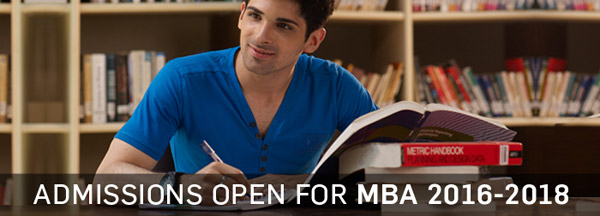
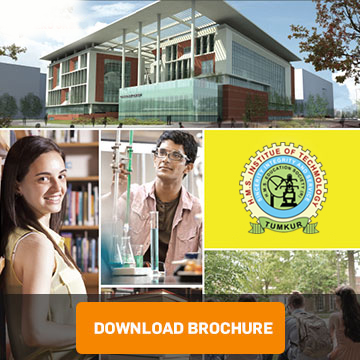
In a way, mechanical engineers are involved in creating the future. They are the driving force behind many of our technologies and industrial processes including innovative products like mobiles, PCs and DVD etc in our modern world. The work of a Mechanical Engineer can be extremely challenging and fulfilling, requiring IT, design and analytical skills together with an ability to work as a team. As their work involves production, transmission and use of mechanical power and heat, they have to analyse the different materials used for the machines and their tolerances, investigate the different energy sources and the power they generate and the design problems if any. When designing and making a commercial product they have to take into account all the business and marketing aspects to make sure that the product is affordable. They share interests with many other engineers like Civil Engineers in structures and stress analysis; Electrical engineers in electronics, computing and control theory; Aeronautical Engineers in fluid flow and turbomachinery etc and also design tools needed by other engineers for their work. They work as part of a team with other engineers as well as financial, business and management professionals on a project together. Mechanical Engineers are also responsible for maintenance and repair of the devices. Care has to be taken that the plants give maximum output and the machinery is properly maintained.
The specialisations include in areas like thermal engineering, design, and production engineering etc. Mechanical engineers work mainly in manufacturing firms. They can find work in administrative and managerial positions in government departments or public and private sector industries or do research as well as teaching in Research and teaching institutes. They could also opt for technical sales / marketing or work as independent consultants
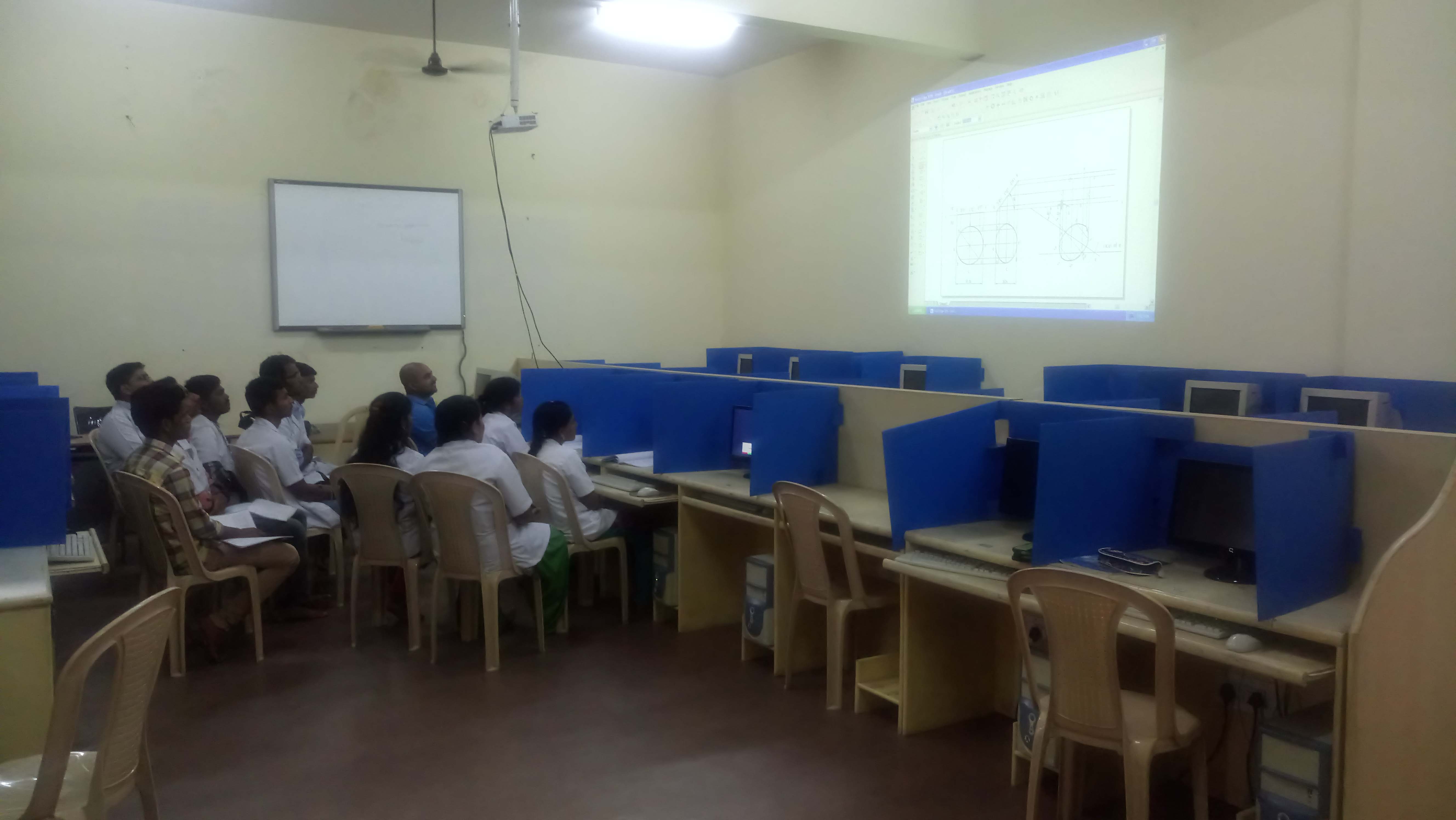
CAED is a useful tool for all disciplines of engineering. CAED helps to understand and develop complex geometric figures, shapes, profiles etc., with high accuracy. The aim of this is to furnish the students with the fundamentals of various geometrical figures and projections. Also to develop and draw them by different graphical ways, manually and by using computer with suitable software package. The CAED lab has computers with SOLID EDGE V20 software for the first year students to learn Computer Aided Engineering Drawing.

Workshop practice laboratory enables the student to understand the basics of workshop practices to impart knowledge and skill to use tools, equipment like stakes, files, snips, vices etc. and measuring instruments. The students will be able to safely handle the equipments and tools which helps to demonstrate and produce different types of fitting models like dove tail, triangular, semicircular, rectangular joints etc and gain the knowledge of development of sheet metal models such as tray, funnel, container etc with their understanding and applications. This lab helps to perform soldering and welding of different sheet metal and welded joints like T, L, lap, butt joints by using arc welding technique.
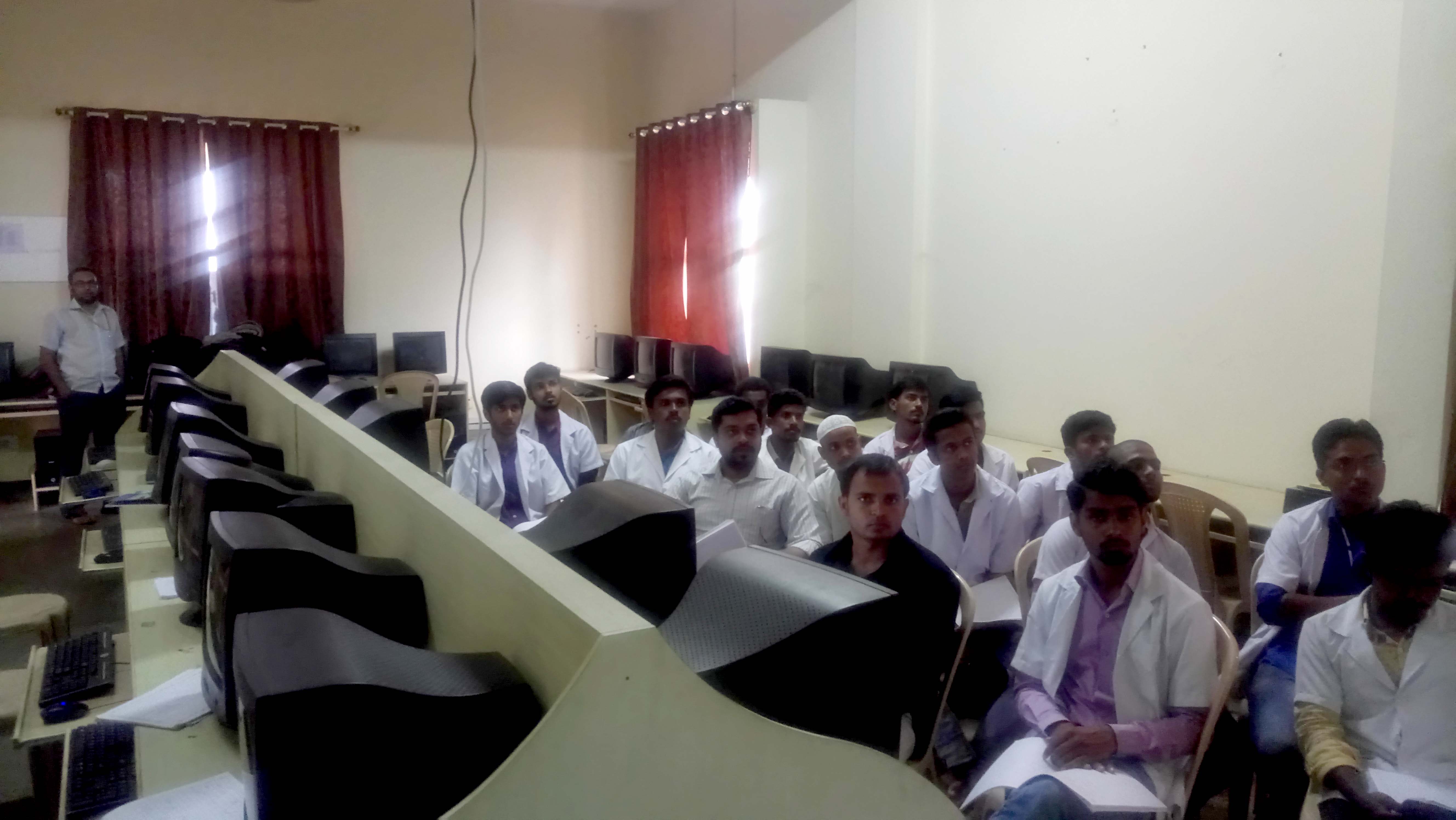
This subject enables the student’s knowledge by converting pictorial views into orthographic views. This is the fundamental concept to understand computer aided machine drawing. The software package used for the drawing is SOLID EDGE V-20. This subject consists of drawing a thread profile, different types of fasteners used in the market. Also the students can able to model and assemble the various machine components.
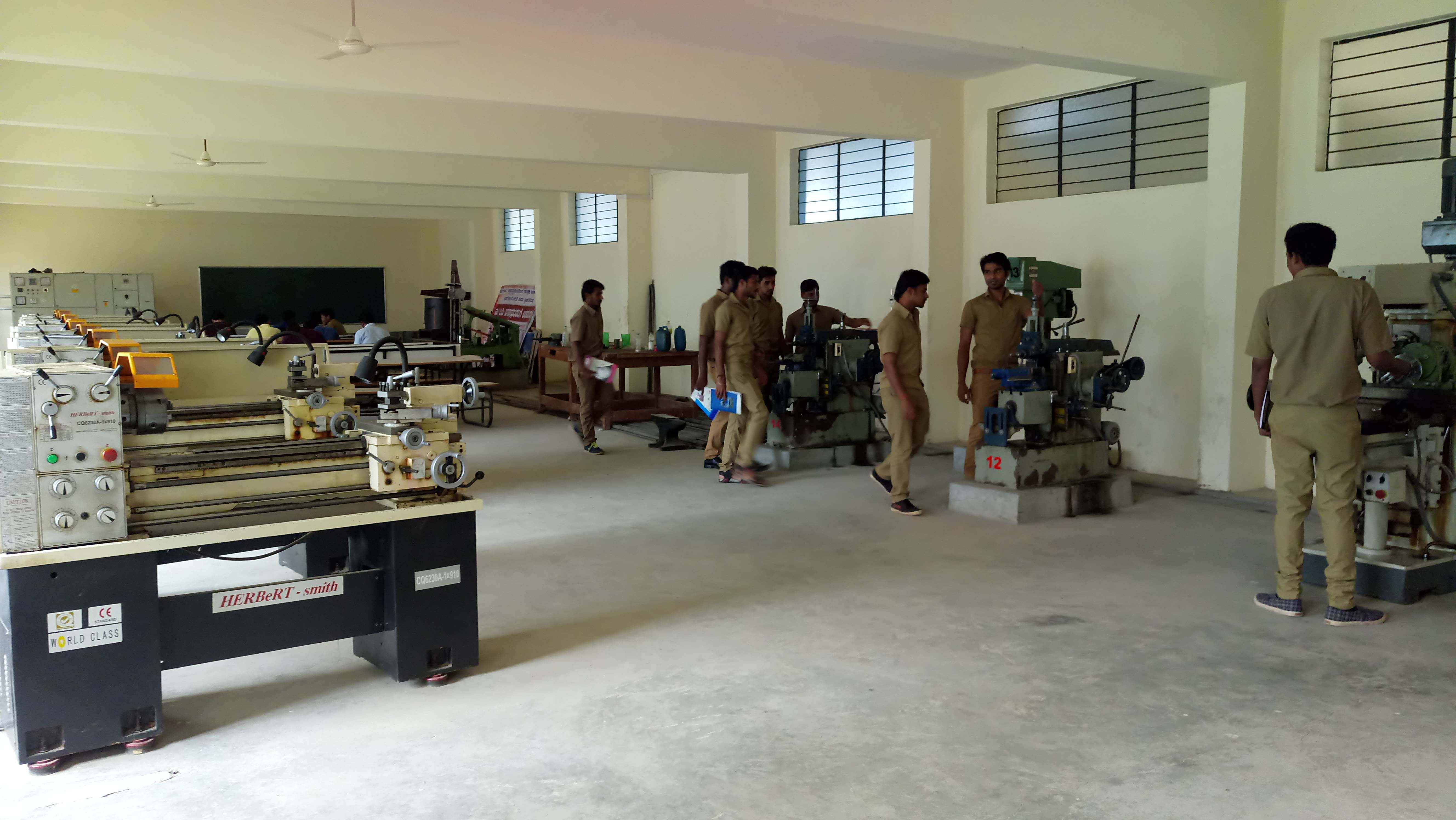
The machine shop is one of the most important laboratories for mechanical engineering which helps to illustrate the theoretical concept taught in manufacturing process through experiments. This enables the students to understand the basics of machine shop via Lathe operations like Turning, Facing, Knurling, Thread cutting, Tapering, Eccentric turning, perform gear tooth cutting using Milling machine, perform key-ways/ slots and groves etc. using shapers and understand the formation of cutting tool parameters of single point cutting tool.
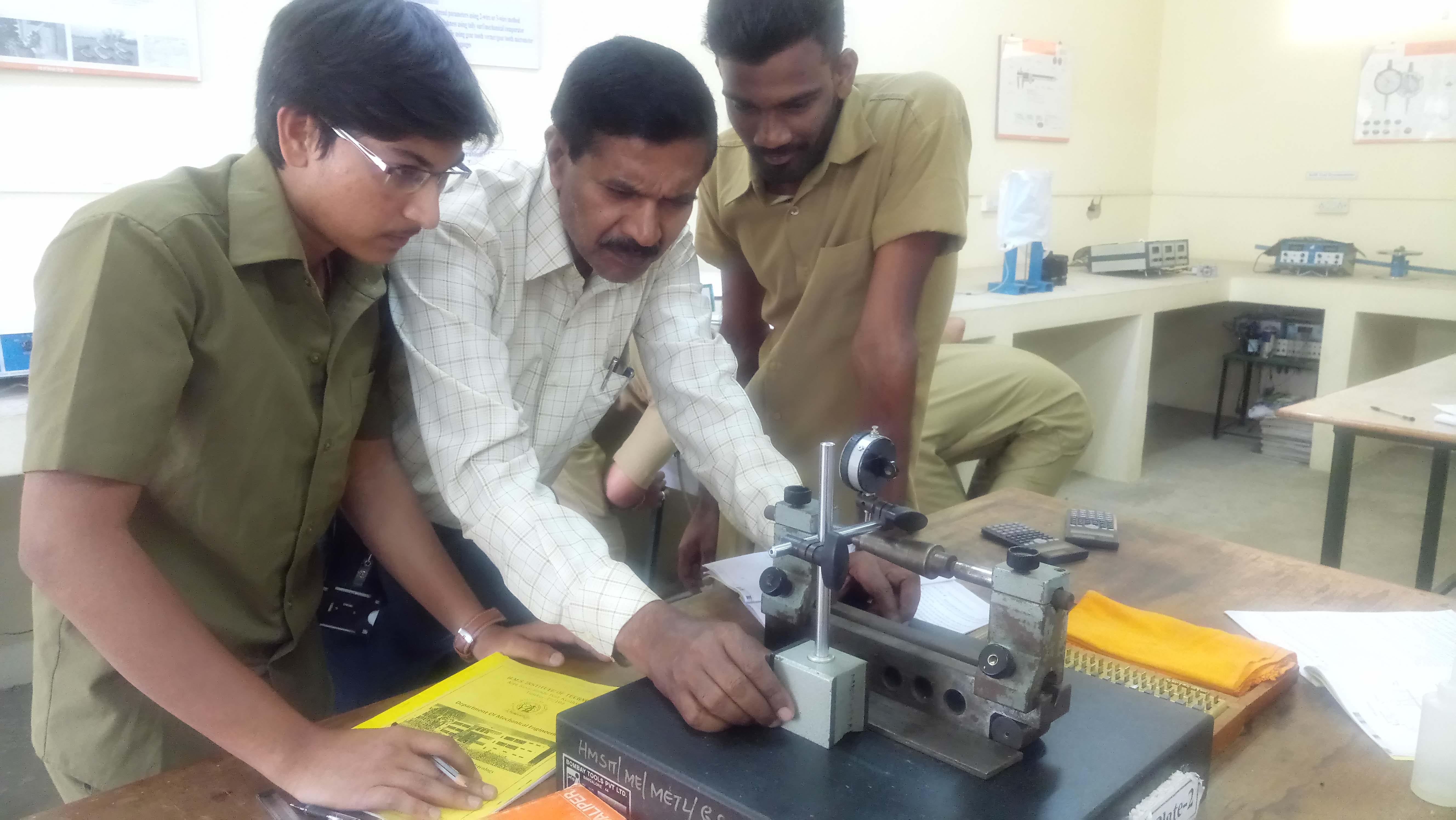
The mechanical measurements and metrology is one of the important laboratories for mechanical engineers which helps to illustrate the theoretical concepts taught in mechanical measurements and metrology through experiments, which enables the students to understand the basic measurement units to help the students calibrate various measuring devices such as pressure gauge, thermocouple, load cell, LVDT and to express error and correction factors for various measuring devices and to use measuring tools such as optical projector /toolmaker microscope, Sine Center / Sine bar / bevel protractor, Autocollimator, Lathe tool dynamometer, drill tool dynamometer, gear tooth vernier, optical flats, micrometer, slip gauges etc for measuring different quantities.

In this Material testing course we are seeking to understand material properties through laboratory experiments. This laboratory experiment is designed to demonstrate the procedure used for obtaining mechanical properties as modulus of elasticity, yield strength, ultimate tensile strength (UTS), toughness, uniform elongation, elongation and reduction in area at rupture, Fatigue failures and the principles of indentation hardness testing, emphasizing the limitations and significance of the results. In Metallography the structural characteristics or constitution of a metal or an alloy in relation to its physical and mechanical properties is studied.
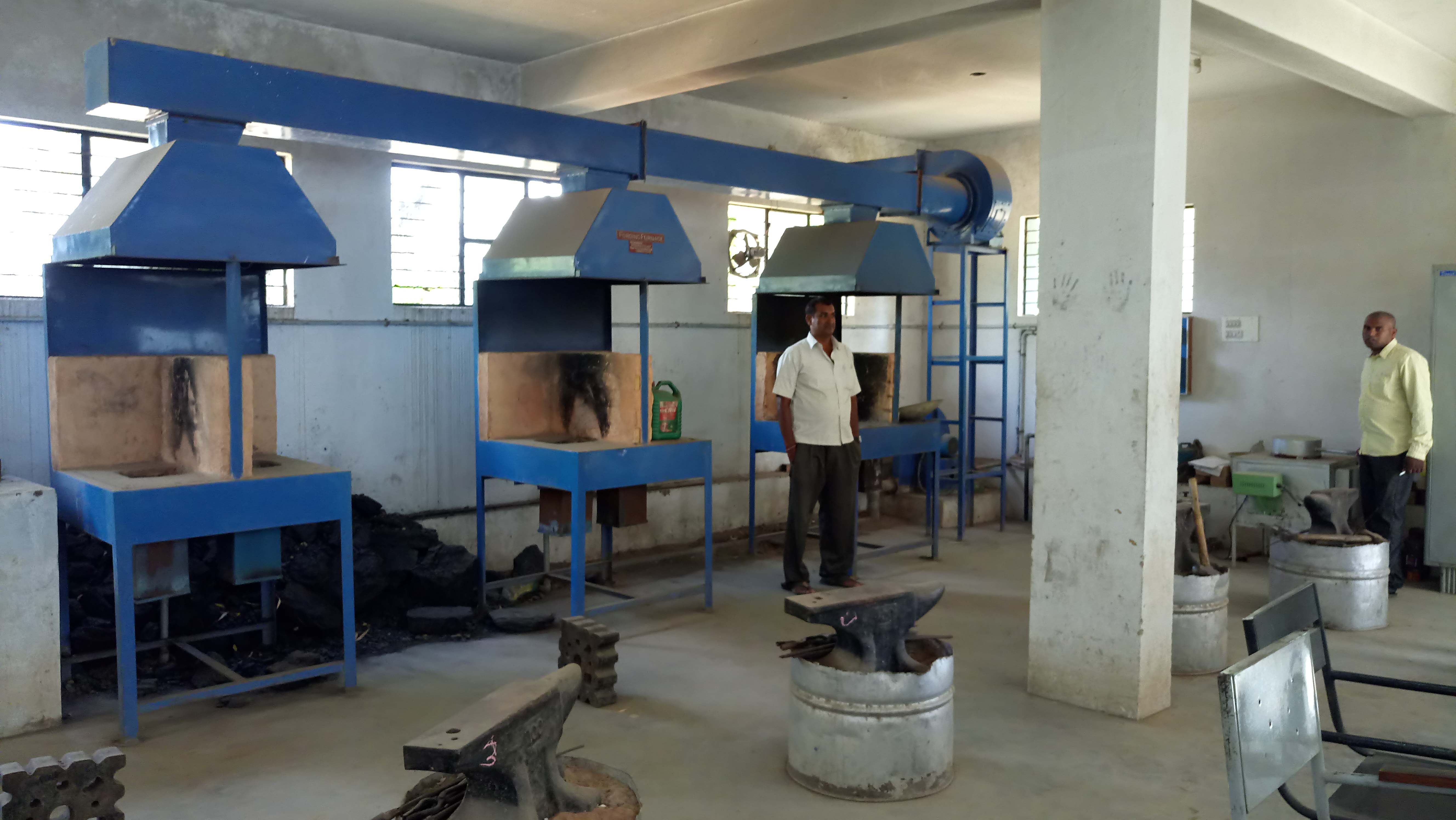
This lab helps the students to provide an insight into different sand preparation and foundry equipment’s and to provide an insight into different forging tools and equipment’s. Practically this lab demonstrate precautions to be taken during casting and hot working
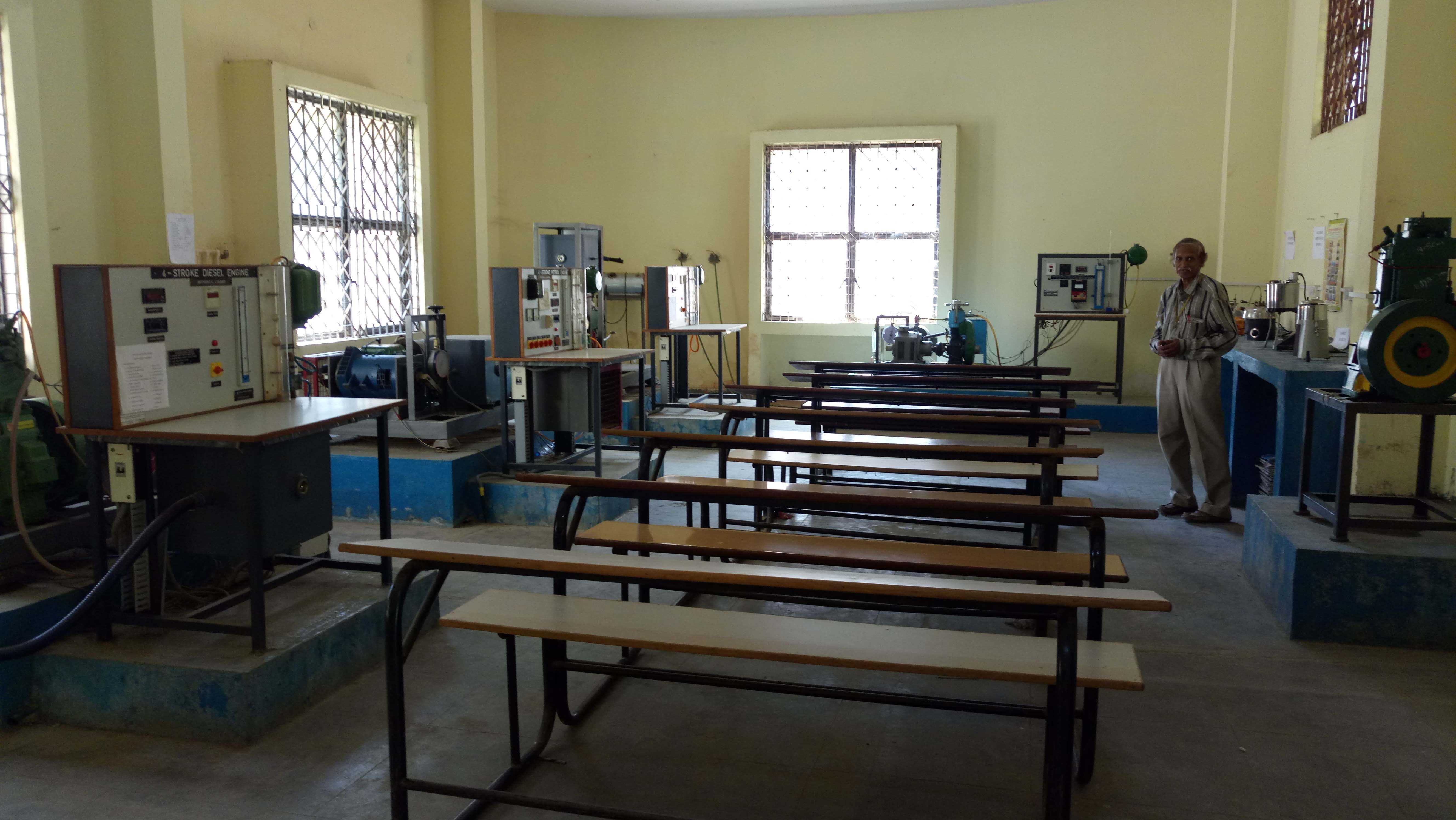
The Department is well equipped with state-of-the art laboratories and infrastructural facilities in all the thrust areas. Students get wide exposure and practical hands-on-training using sophisticated equipment's during lab sessions. The labs include, Abel Pensky flash and fire point apparatus, Pensky Martin flash and fire point apparatus, Redwood viscometer, Say bolt viscometer, Diesel engines, Petrol Engine, Variable compression engine, Multi-cylinder diesel engine (Morse test), and Planimeter. These experiments help the students to differentiate among different internal combustion engine designs and to recognize and understand reasons for differences among operating characteristics of different engine types and designs. Develop an ability to optimize future engine designs for specific sets of constraints (fuel economy, performance, emissions).
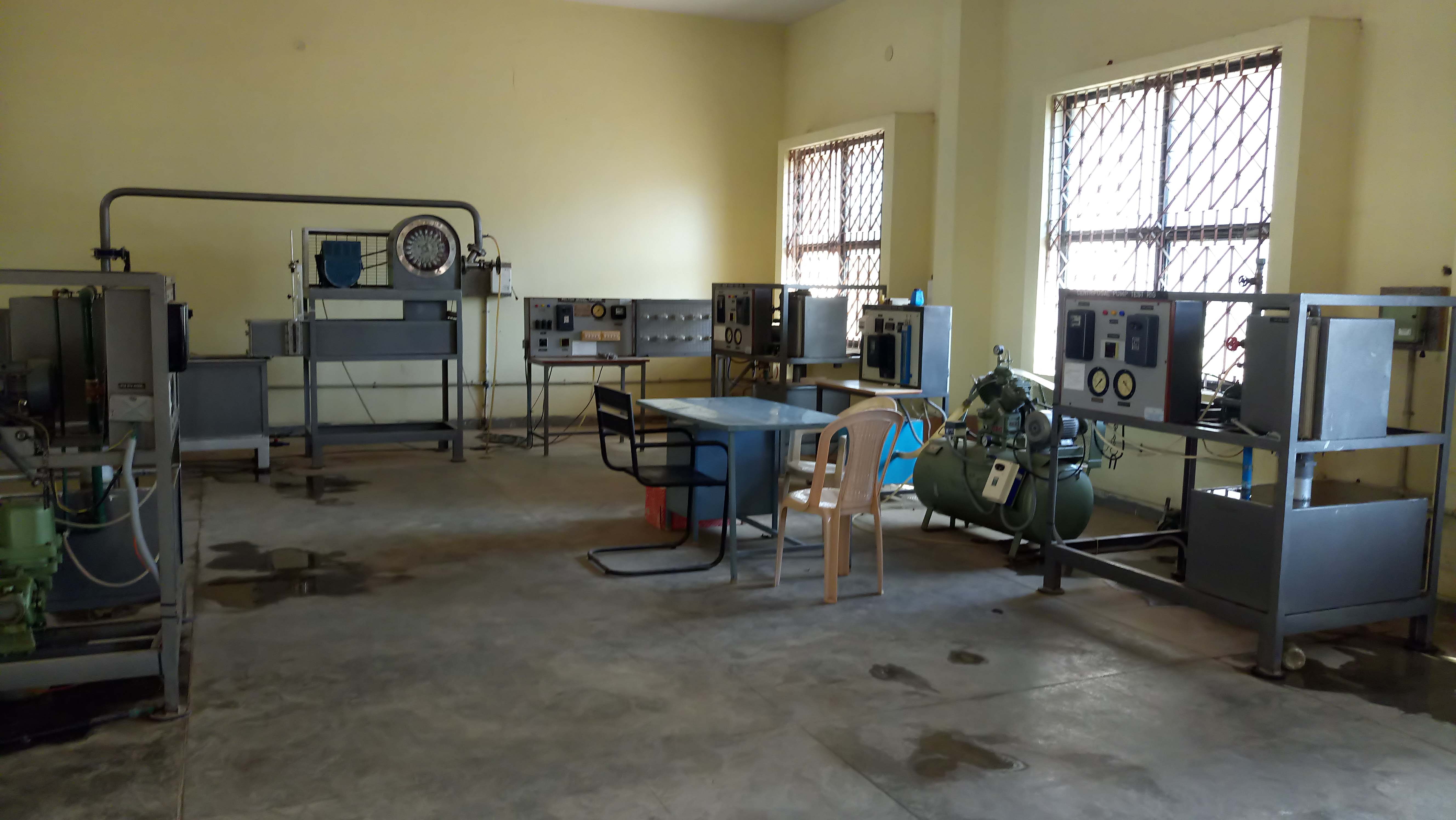
Fluid mechanics and hydraulic machines lab demonstrates the concept of flow measuring devices, flow characteristics of fluids and turbo-machines. The Fluid Mechanics Laboratory course is an indispensable supplement to the theory. This includes applications of Bernoulli’s equation such as notches, venturimeter, orifice meter and performance analysis of turbines and pumps. The main objective of this fluid mechanics and hydraulic machines lab is to build fundamental concepts combined with strong analytical and problem solving abilities in fluid mechanics that would form the backbone of many other subjects in higher educations.
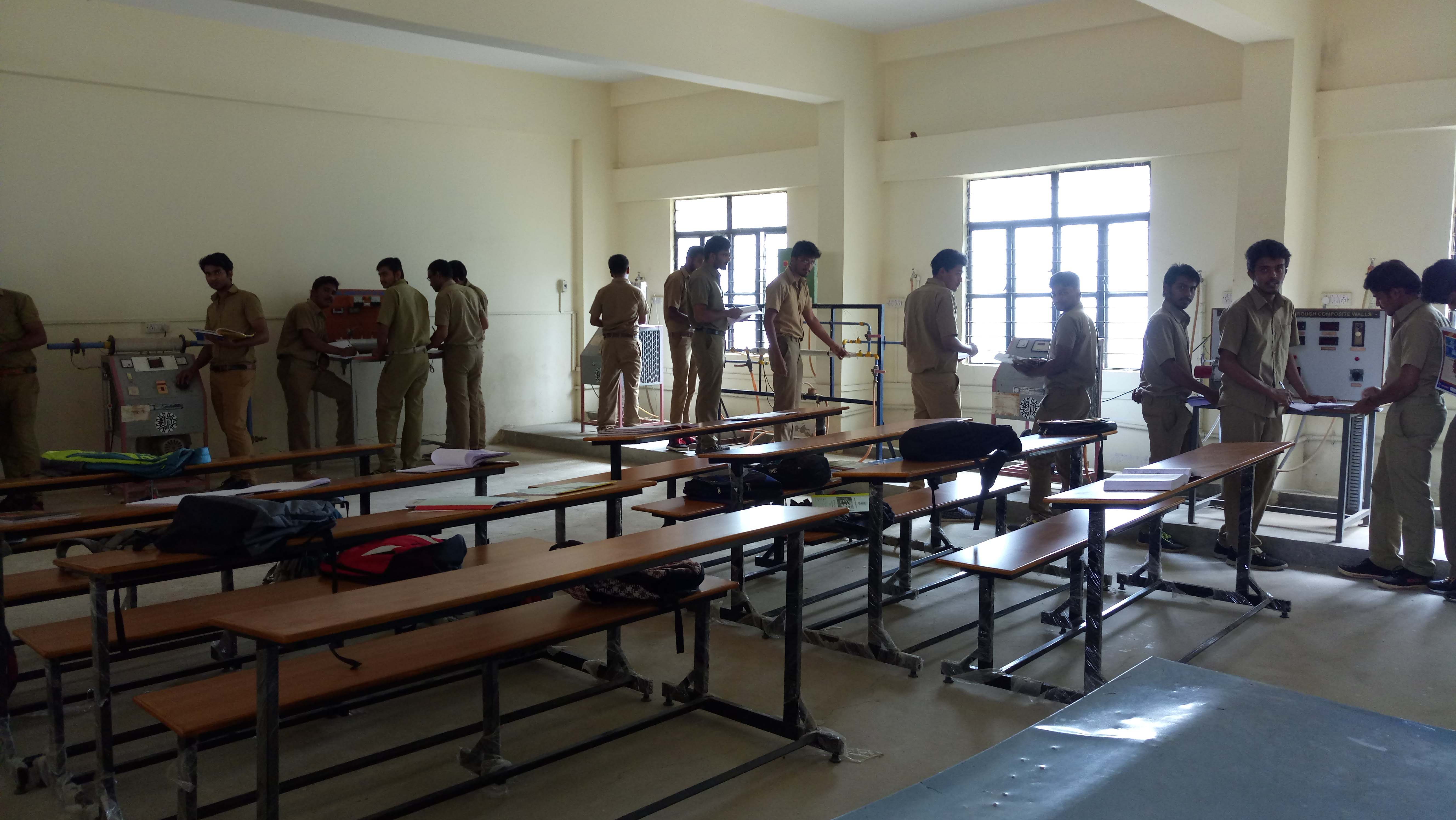
Heat and mass transfer laboratory demonstrates the concepts of heat transfer modes and coefficients of heat transfer through various materials, measuring effectiveness of heat exchangers and performance tests on refrigeration & air conditioning systems. This enables students to practically relate the concepts discussed in the Heat and Mass Transfer course. It includes heat transfer through metal rods, determining steefen boltzman constant, to select appropriate materials & design for improving effectiveness of heat transfer, to conduct performance tests and thereby improve effectiveness of refrigeration and air conditioning systems.
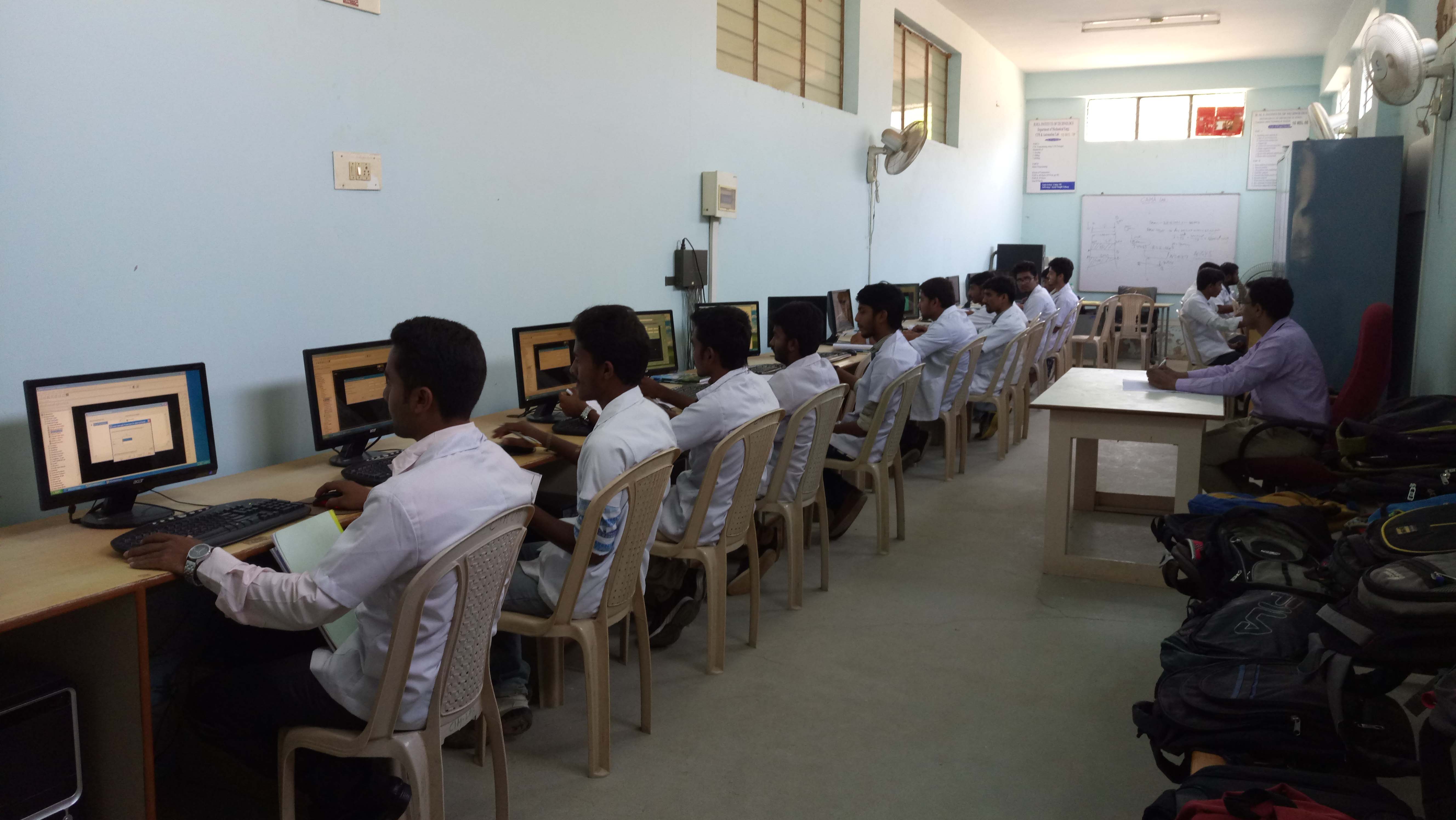
Computer Aided Modeling and Analysis helps to analyze the various structural and thermal engineering problems, with high accuracy. The aim of this lab is to furnish the students with the various structural and thermal engineering problems and how to analyze them in different ways, manually and by using computer with suitable software package. The CAMA lab has computers with ANSYS-FEM Analysis package.
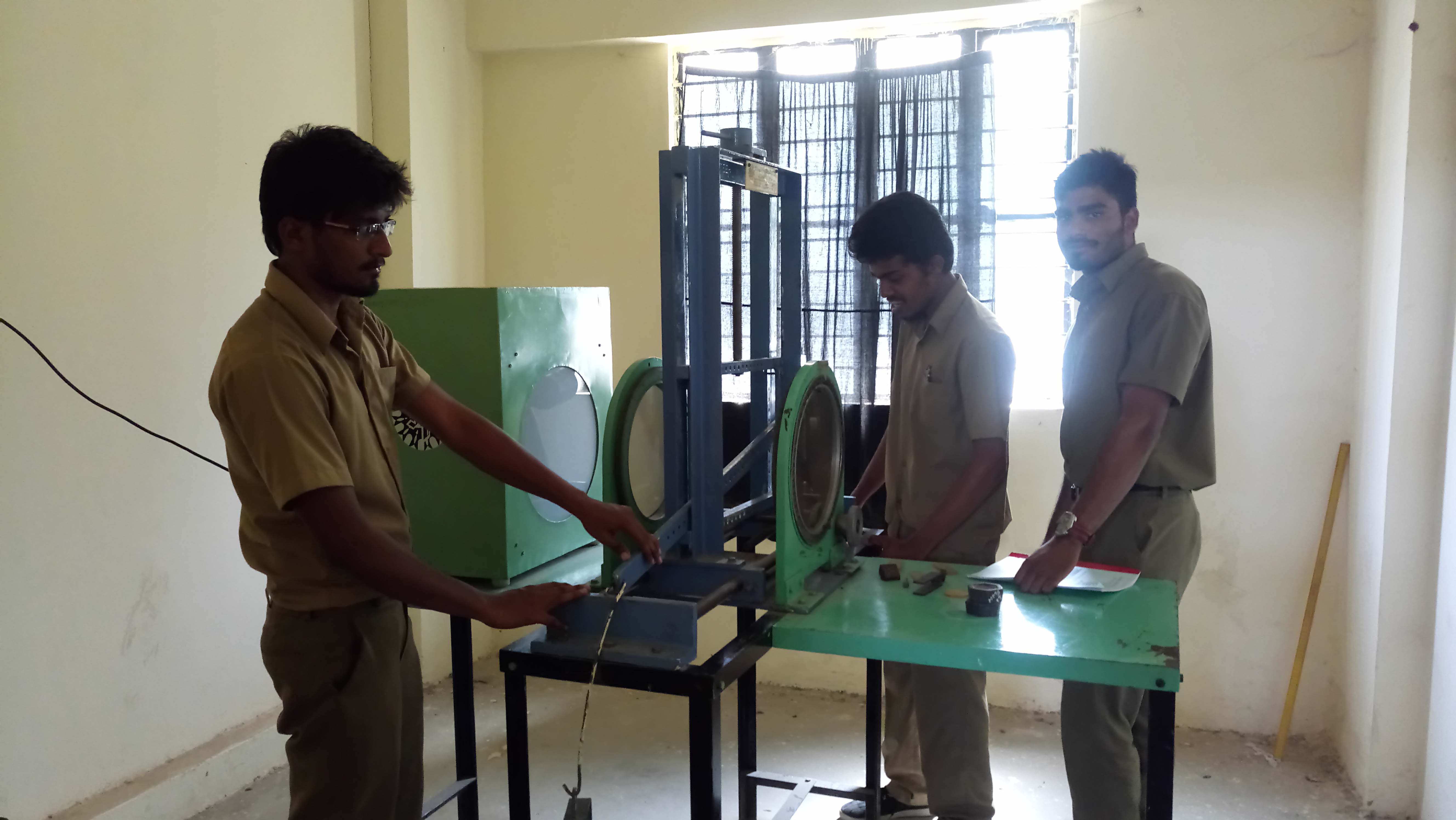
In this Design lab course we are used to demonstrate the concepts discussed in Design of Machine Elements, Dynamics of Machines and Mechanical Vibrations which is used to observe and analyze the vibration behaviour, stresses in structural members and working principle of machine elements. Students are able to understand the natural frequency and damping coefficient in a single DOF vibrating system. Also they are able to analyze the balancing of rotating and reciprocating masses by using static and dynamic balance, demonstrate the concept of stress concentration for different photo- elastic materials and concept of natural frequency and damping coefficient in a single DOF vibrating system.Also to visualize and understand the development of stresses and strain induced in a structural member, experimental determination of stresses in members and to study the effect of speed in machine components.

This laboratory enables the students to use software packages such as CNC-TURN, CNC-MILL and EDGE-CAM. By making use of these software packages, the students can able to simulate the different turning, milling and drilling operations (programs) before the actual machining process. The main use of simulation is to control a particular machining process in order to increase reliability and efficiency in actual machining/operations.